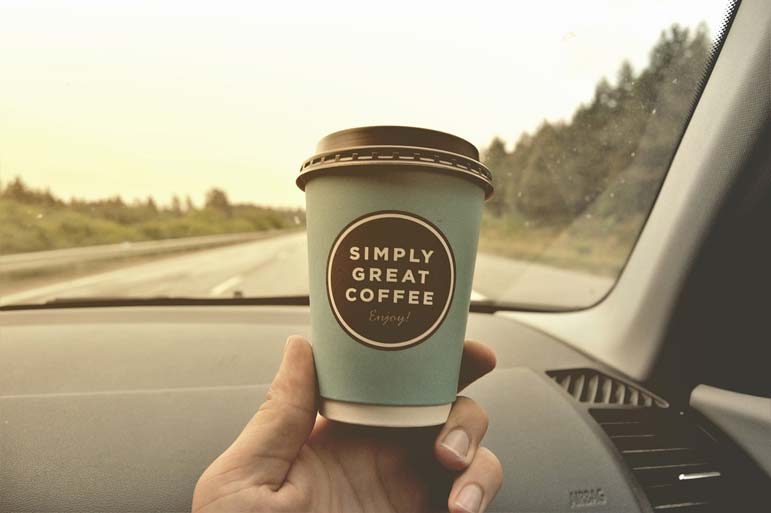
If drivers of electric cars aren't stopping at gas stations to fill their tanks, the opportunities for impulse purchases inside at the convenience store could dry up.
That's a real possibility, according to Morgan Stanley analysts who wrote that convenience stores could see a hit to beverage sales as more electric cars hit the road.
But experts on the convenience store industry say any substantial threat from electric cars is still decades away. While energy-efficient vehicles may catch on en masse with time, more immediate competition for convenience stores comes from the scores of retailers and online companies vying to sell . . . convenience.
"Beverages drive sales, and beverages drive profits at convenience stores, so any competition that could reduce those sales and those profits is a concern," said Jeff Lenard of the National Association of Convenience Stores. "However, I think that stores will do what they always do: They'll find a better way to compete."
A Morgan Stanley report published Wednesday noted that electric vehicles make up only a fraction of all vehicles on the road today. But rapid growth in the future is not unreasonable.
Not only would convenience stores that sell beverages take a hit, but so would beverage companies - the most vulnerable of which could be Monster Beverages, which boasts 63 percent of U.S. sales from gas and convenience stores, the analysts wrote.
The report also noted that alcoholic drinks and tobacco products sold at convenience stores may not take the same hit. That's because many customers getting gas buy beverages impulsively and to drink right away. And tobacco products are addictive enough to keep customers coming back.
Lenard said fuel accounts for only 40 percent of profit for gas stations, meaning most money is made inside the store. Drinks make up a bulk of those sales: A survey by the National Association of Convenience Stores showed that nearly half of all convenience store customers mainly went into a convenience store to buy a beverage.
Still, Lenard and others in the industry say electric cars won't pose a major challenge to convenience stores until they are driven en masse. Statistics from InsideEVs show that from December 2010, when the Nissan LEAF and Chevy Volt models went on sale, to February 2018, there were 418,000 battery electric vehicle sales and 374,000 plug-in hybrid sales. In that time, the combined market share of all electric vehicles as a percent of new vehicle sales was 0.7 percent.
That's not to say convenience store owners don't worry about losing customers. Lenard pointed to the range of businesses - from clothing shops to hardware stores -- that sell beverages at check-out, not to mention online outlets ramping up grocery and food delivery services.
"Everyone is selling convenience," he said.
Grant McAllister, an industry expert at ADD Systems, said one way for convenience stores to respond to electric car sales is to install charging stations that may actually keep customers on site longer than if they just needed to top off a tank of gas.
But McAllister guessed that the lasting effects of electric cars on beverage sales were still 20 years away. Right now, new laws imposing taxes on sugary beverages or competition from quick-service restaurants matter more.
"The good news is, the value of convenience has never been higher," Lenard said. "The bad news is that everyone realizes, and wants a piece."


 Contact The Editor
Contact The Editor
 Articles By This Author
Articles By This Author